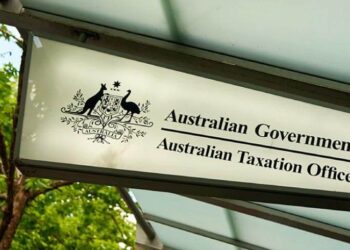IOOF technical services manager Josh Rundmann said the government’s proposal to allow victims of violent crime access to the super of perpetrators has the potential to be very positive, but said the proposal will need careful consideration in terms of the potential implications for clients and how the release will operate in practice.
Under current processes, victims of violent crime generally have access to government funded organisations which can provide assistance with the immediate recovery from a violent crime, such as, repairs and emergency accommodation, Mr Rundmann explained.
“They can also help with applying to a state-operated compensation scheme for further compensation,” he said.
“In addition to this, as part of the criminal justice process, if a perpetrator is found guilty of committing the crime the judge may force the perpetrator to make a payment to the victim. These payments are raised as judgement debts, but super cannot normally be accessed to meet these types of debts.”
There are existing provisions within the SIS regulations, he said, which allow proceeds of crime which have been funnelled into super to be recovered by the states.
“However, judgement debts are not proceeds from a crime – they are part of the punishment for being found guilty of a crime.”
“Judgement debts are created at the time the court orders are issued, which may be a number of years after the crime has occurred and whilst the standard for criminal prosecution is ‘beyond all reasonable doubt’ there are cases where criminal convictions have been overturned by a court of appeal. However, if a prosecuted individual is able to avoid their debt they could be seen as avoiding a portion of the punishment for their crime.”
Mr Rundmann said a middle ground may be to allow the victim compensation schemes, which are operated by state governments, to request a release of super on behalf of victims where a judgement debt remains unpaid.
“The compensation scheme would pay the judgement debt to the victim and then recover the cost from the convicted person’s super,” he explained.
“This removes any potential interactions between perpetrator and victim, and in the case of a wrongful conviction the state, who is also responsible for the prosecution of the crime, would also be better positioned to repay any amounts due to people who are incorrectly convicted.”
He also noted that while victim support schemes provide valuable assistance in the immediate aftermath of a violent crime being committed against a person, they’re not able to cover all costs which may arise between the crime being committed and a criminal prosecution being completed.
“As such, introducing a third element to the hardship provisions to help victims of violent crime which is not reliant on having received previous social security payments should be considered,” he said.


